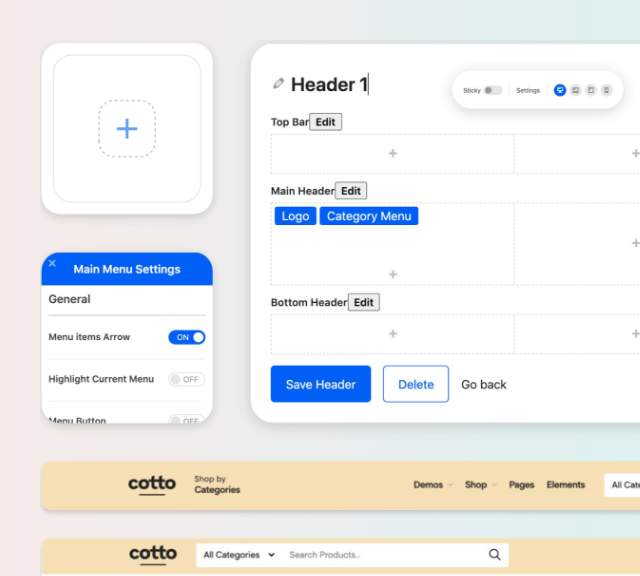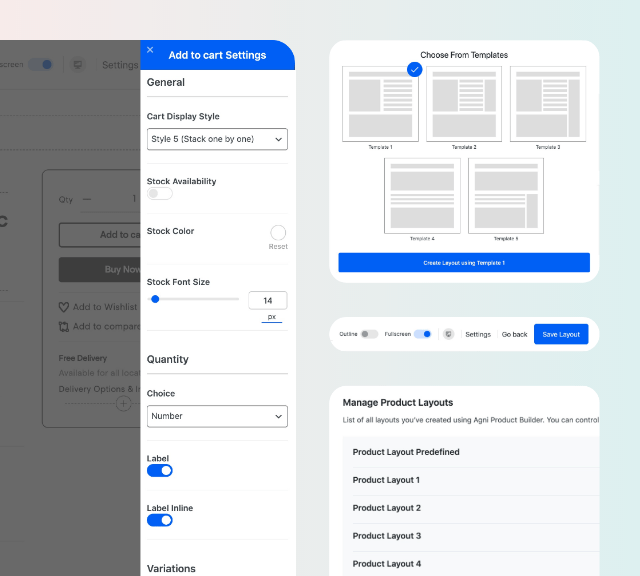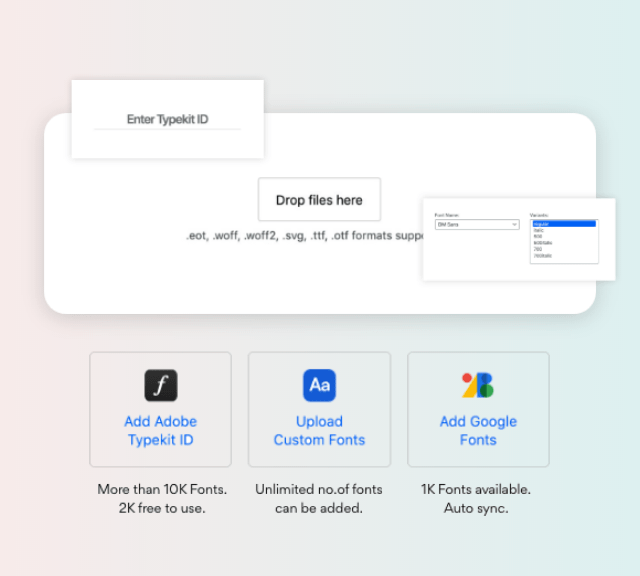Colocation companies offer businesses a secure and reliable alternative to enclosure their particular IT infrastructure in-house. Businesses that decide to colocate gain access to a data center’s power and cooling infrastructure, as well as immediate connectivity choices that keep costs down and boost performance. Businesses may also rely on a colocation team to manage the facility that help them match compliance polices like PCI DSS, AICPA SOC 2(r) Type 2 and HIPAA.
In a colocation setting, businesses will home their servers and IT hardware in a mounting body called a tray. These shelves are commonly arranged together in larger enclosures called units or cages for additional security and customization. These kinds of cabinets are situated within the colocation provider’s info centers. A few colocation service providers offer handled services to help clients using their IT and engineering needs, including network monitoring, server reboots and telecommunications support.
When choosing a colocation supplier, clients will need to look for services with redundant power and cooling that are attached to multi-substation ability grids. They should also assessment service level agreements (SLAs), as these paperwork spell out the provider’s uptime commitments, support response times and further services which may be offered for any fee.
Finally, clients must look into their scalability requirements, as they indicate a chance to increase or decrease hardware and solutions usage eventually. The company should make this flexibility boardroompro.org easy, plus they should be able to furnish customers with flexible long term contracts that allow them to extend or renew their colocation solutions agreement without taking on any penalties or charges.








































